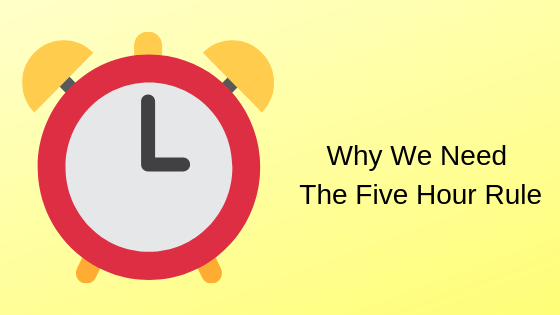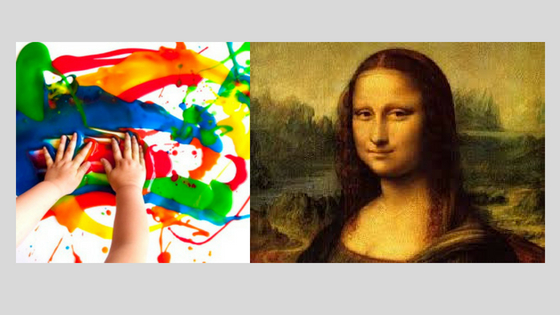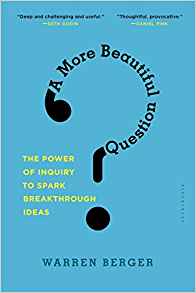“There is no greater education than one that is self-driven.”
Neil deGrasse Tyson, American Astrophysicist

Image from Unsplash by Glenn Carstens-Peters
Elementary school, middle school, high school, and college are what we call traditional education. If you were lucky, perhaps your upbringing included books, encyclopedias, and of course, highly committed parents who emphasized education as a key doorway to a bright future.
For many, once we complete our traditional education, we slow down or even stop our efforts for continuous learning. Somehow that song, “No more teachers, no more books, no more teacher’s dirty looks” was ingrained in us, and we decided we were finished.
EXERCISE:
Consider yourself as your own home-schooling professor, creating the perfect curriculum just for you. The topics you choose are both important and relevant to a fully engaged and happy life. What could this self-driven education include that would result in a PhD in Thee?









